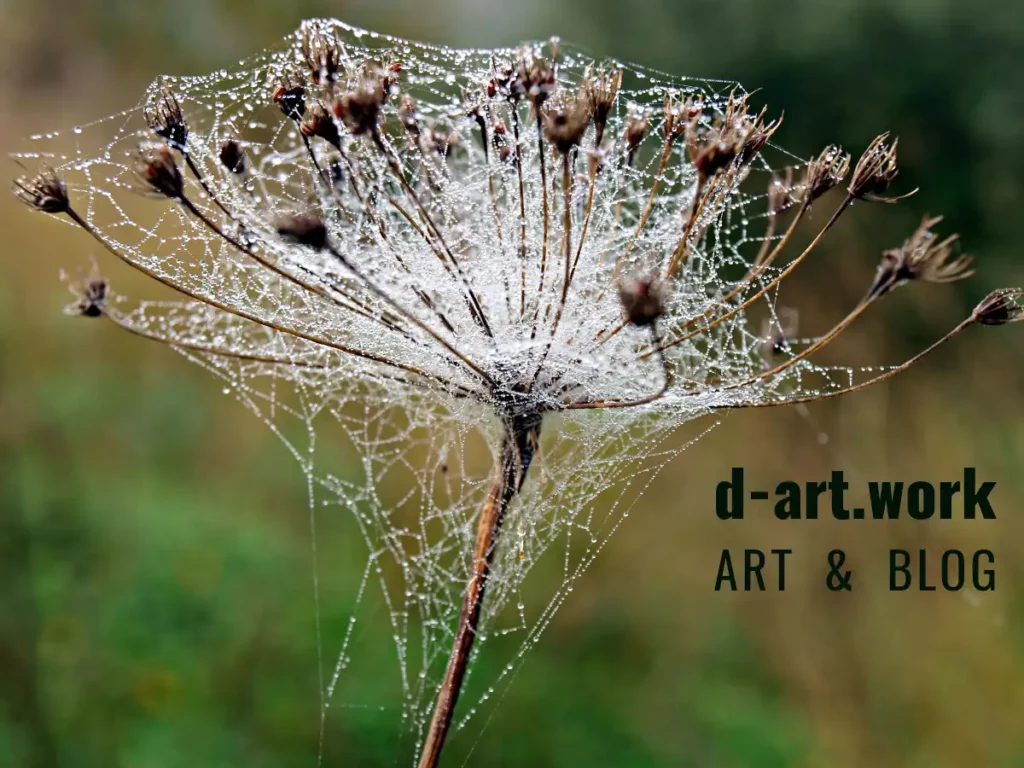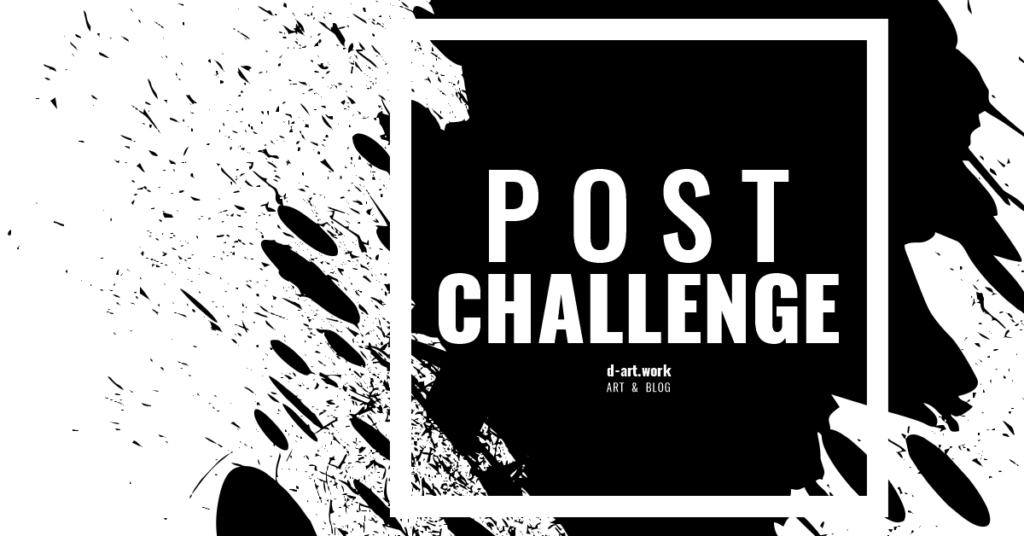This is a post about balance, because it took me 45 years to understand my own balance and because balance is as millimetric as it is parodoxical, complex in parts and simple in whole. It is perhaps the most sought topic after love and love being a part of that whole called balance, even if the loss of balance is part of love, as Elizabeth Gilbert says in her Eat Pray Love book.
But as Rilke also says, (…) For one human being to love another human being: that is perhaps the most difficult task that has been entrusted to us, the ultimate task, the final test and proof, the work for which all other work is merely preparation [in Letters to a Young Poet | Letter Seven].
In fact, all souls pass through incarnate reality for this same and unique purpose, that of learning to love. And suddenly love is not just part of the balance, it is the balance itself, the whole.

Balance And The Rabbi’s Lesson
But this theme of balance brings me back to a didactic tale that has been in my mind ever since I studied Judaism through the Chassidic stream founded by Rabbi Nachman, a gifted scholar who fused Jewish esotericism with his deep knowledge of the Torah, resulting in a particularly rich and educative approach to ethics and spirituality applied to daily-life.
The story is about two men, two good friends, who decided to go to a tzaddik (a righteous man, often charismatic leader of the Chassidic community) in order to get a blessing.
I don’t have any names, so I will refer to the characters as the first man, the second man and the wise man (the tzaddik).
The first man was the one more interested in the situation, the second man was just a friend who followed the first man to give him some company.
When they arrived the wise man’s house and when he asked them for the reason of being there, the first man didn’t hesitate to speak first and he explained his motives like this:
– I’m here because I’ve sinned… seriously, severely… I’m talking about a big sin and I’ve been living in deep suffering ever since. I’ve asked God’s forgiveness at least a thousand times but I’m still suffering, it’s been too hard for me… so I came here to ask for your blessing in order to release me off this pain, to appease my heart and soul.
Then the wise man turned himself to the other man and asked him the same thing:
– What about you? Why are you here?
To which he replied in a lightly way, something like this:
– Well, I don’t have sins…
As the wise man wrinkled his brows, the second man fumbled over his words:
– No, I didn’t mean that, it’s not that I don’t have any sins, of course I do, everyone does; what I really mean is that they are not big, they are small… you know… little sins, the kind of sins that everyone does in daily life, I can’t even remember one…
– Oh, really? So you can’t even remember a single sin?… – the wise man frowned again.
– No, I can’t… because it’s just like I said, they are unimportant sins, daily life little mistakes without consequences. But that doesn’t mean that I don’t want your blessing because I do! Everybody wants a wise man blessing, it’s a privilege!
So, after hearing the two men, the wise man looked deeply in their eyes and said something like this:
– Well, I will give you my blessing as you’re wishing for, but first I need you to do me one simple favour…
To which the two men replied:
– Yes, of course, name it and we’ll do it right now!
– OK, I will give you one task, a very simple task. I want you to go out in the woods, you don’t need to go far, just nearby, and bring me a stone that seems to you that could represent your sin. I will give you 30 minutes, half an hour to do it. So, go!
And the two men did, they went outside and started to look for stones, rocks.
The second man completed the task very quickly, in just five to ten minutes maximum; he established a number of thirty sins and he easily found thirty little stones around, he grabbed them and he went back to the wise man’s house.
The first man had a more difficult task because not only he couldn’t find a stone big enough to represent his sin but also because when he finally found it he had to dig, he had to get himself dirty and he struggled to drag the stone into the wise man’s house, he almost exceeded the given time but he completed the task.
So, in the next scene the wise man, once again, looked deeply in the two men eyes and said something like this:
– OK, you did it well, and I’m about to give you my blessing but first I will give you a second and last task, supposedly more easy than the first one. I want you to go back in the woods and put every stones right back in their original places. Don’t cheat, don’t switch stones or places, be honest, put each stone right back in each exact place and I will give you another 30 minutes to do it. Go!
And so they did, only this time the two men performances reversed; the first man completed the task in a short period of time because he knew exactly where he had taken the stone, but even if he couldn’t remember it would have been easy because he just had to look for a big hole, the hole left by the stone. Furthermore, as he had dragged the stone, there was a track left, then he actually had a more easy task.
The second man just couldn’t complete the task, not only because there were too many stones but because they were also too small, they didn’t leave any visible marks on the ground and his own footprints were too confusing, he didn’t have any decent clues. So, despite exceeding the time given by the wise man he had to surrender to his own frustration of failing the task, he couldn’t put one single stone in its original place.
Then, in the next scene, the wise man looked once again in the two men eyes and this time he explained: I gave you these two tasks because what we have here is a very special lesson. There is no such thing as an unimportant sin. It is easier to address a single, but visible giant sin than a thousand tiny and apparently harmless sins.
It is in this way that one day we end up falling into the greatest sin of all, because if you don’t have the capacity to remember the little sins, you also won’t have the capacity to perceive their consequences and therefore judge them unimportant or even non-existent This is more dangerous than that great sin of which you are aware of and therefore know how to locate, equate and address. Hence, I now give you my blessing without any distinction between the two of you.
Having then explained to the second man that the solution to the little sins was in daily meditation, the wise man stressed the effort of taking an hour to connect with God and speak to Him about that same day, reviewing it. It’s difficult these modern days, but if you manage to create the habit, eventually happens what does with any continuous training – awareness and transformation.
Of course, this Rabbi Nachman’s tale incorporates other teachings of a higher and deeper character, in the spiritualist layer of knowledge, far above this post.
So, sticking with the keyword balance, what is called sin in this tale can be simply called imbalance because a moral sense of sin is not in question here, let us focus on something that is not right and therefore gives rise to an imbalance. It is not a matter of going back, of putting what was wrong back in its place, the stones are just a simple means of reaching a first level of understanding. Nothing in living life returns to its original place, it is not possible to change the past. It is a matter of identifying, recognising for rebalance the present, preventing imbalance for the future, exercising consciousness at successively evolved levels.
The story portrays different imbalances. It ends up being easier to regain balance after a major upset than to rebalance something whose imbalance you are not even aware of. The accumulation of small imbalances usually leads to the big upset and I do know that from my own experience because my big financial collapse occurred after 20 years of repeated and underestimated small mistakes.
However, the worst case is when a big upset ends up not happening and the person falls into an eternal imbalance – the root of unhappiness, bitterness, indifference, illness, karma.
Once again, here comes love. Because this whole battle for balance is nothing but the path to love and as my mother always told me, the first condition for love is to know. She didn’t mean school or general knowledge, she meant the knowledge of ourselves, the self-knowledge that then leads us to the essence of life.
Knowing our ropes for to better understand what surrounds us in its infinite layers to the point of mastering the necessary asymmetries and distinguishing them from imbalances as part of a greater balance.
Knowing The Ropes, a musical theme by Michael Nyman, one of my favourite contemporary composers.
The Challenge
The challenge I launch here is that to those who are interested or somehow liked this post send me your own posts on the subject of Balance, in any sense or interpretation. It can be a photograph, an illustration, a video, text or poetry. Leave the link in the comments or pingback. All validated links will be added to the post.
The photo in this post was first published in 2015 on my personal photo blog. The photo is also for sale in the Gallery.

Nice post🤠
Many thanks!
Many Welcs 😆
Have a great day!! 😄
Butterfly 🦋
Excellent post! Loved it ❤
Thank you so much!
Well written. Your post got me thinking a lot more about the subject of balance. I just created an Instagram post about balance that I’m planning to include in a post on my blog. I’ll send the link when I’m done.
Hello, Luna! Amazing comment! I’ve just made me happy 😊, thank you! Balance is really my key issue. I’m looking forward for that post, I’ll be waiting! 🙏👌
Interesting!
Thank you!